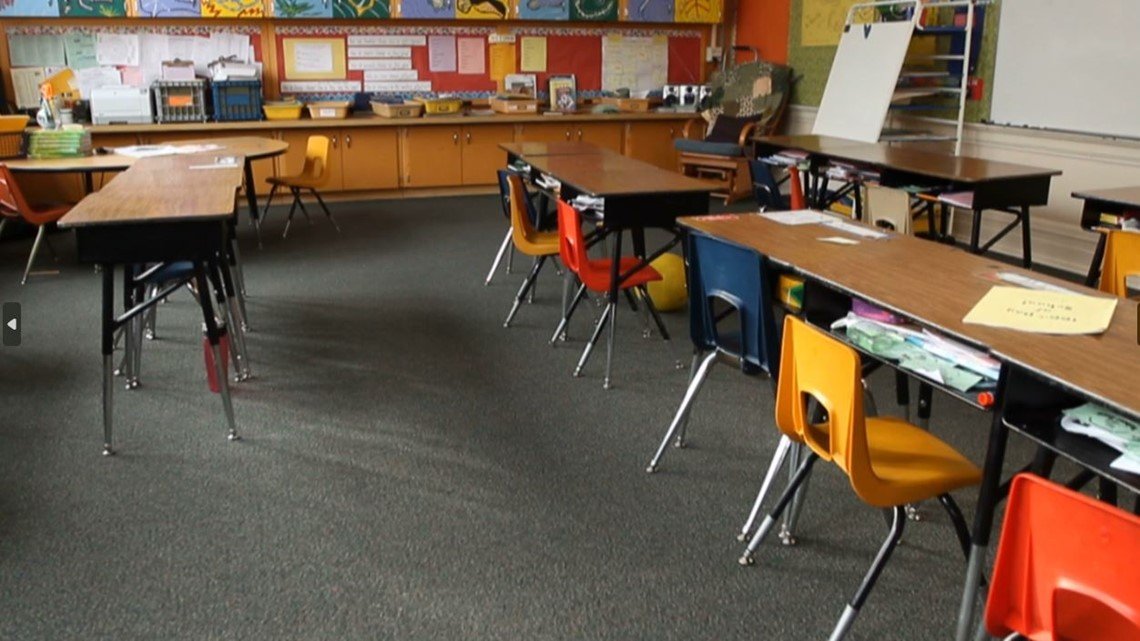arizona
Gallego Unveils Groundbreaking Absenteeism Bill for Public Schools

During the 2022-2023 school year, 28% of Arizona students were considered chronically absent.
PHOENIX — U.S. Rep. Ruben Gallego, D-Arizona, is advocating for federal grants aimed at reducing chronic absenteeism in schools. While some contest the method, there’s consensus that change is necessary due to absenteeism rates being more than double pre-pandemic levels.
A student is tagged “chronically absent” if they miss 18 days of the school year, equating to an average of two days per month.
In the 2022-2023 academic year, 28% of Arizona students fell into this category, with 35% of economically disadvantaged students affected more severely.
Gallego’s proposal, the “Keeping Our Students in Schools Act,” seeks to support districts with positions and technology focused on boosting attendance. Gallego draws on personal experience, having navigated similar challenges growing up.
“I had three sisters. My mom had one vehicle, and she had to use it to go to work. So I walked everyone to school,” he recalled. “This program aims to equip schools with the tools to reduce chronic absenteeism.”
Kari Lake, Gallego’s opponent in the upcoming U.S. Senate race, did not respond to a request for comment.
Gallego’s bill is currently in the committee stage and requires passing there before a potential floor vote in the House. Funding would come from the annual budget.
“This is actually a money-saving piece of legislation,” Gallego argued, highlighting the increased need for educational support and higher incarceration rates among chronically absent students.
The grants under the bill would help districts:
- Provide student transportation
- Conduct student wellness checks
- Create student mentorship programs
- Invest in absenteeism monitoring software
- Hire instructional support staff
Critics question federal spending on education, arguing for state control. Arizona Schools Superintendent Tom Horne opposes the proposal, stating education should remain a state issue.
“The federal government gets into too many education issues where the U.S. Constitution gave it zero responsibility,” Horne said. He suggested that Arizona schools should enforce stricter attendance policies instead.
Many educators argue the issue is complex. Post-pandemic, parents are more cautious about sending sick kids to school. Additionally, mental health challenges among teens have escalated, and Arizona ranks low in student-to-counselor ratios.
Paul Tighe, Director of Arizona School Administrators, expressed openness to federal support, provided it comes without excessive regulation. “We appreciate any effort to address the root causes of absences,” Tighe said, stressing the importance of solutions like targeted tutoring, creative transportation, and additional support personnel.


















